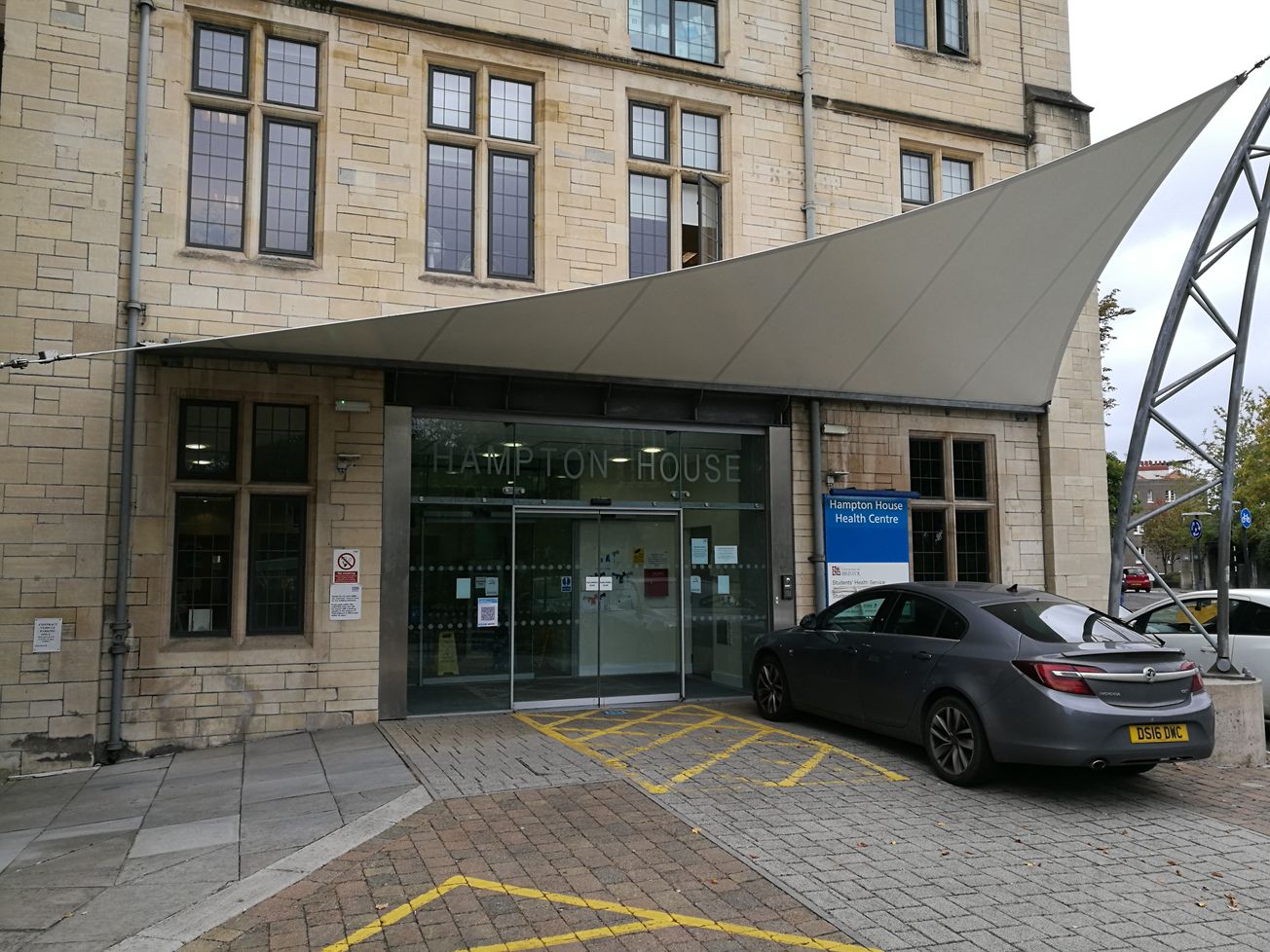By Holly Beaumont, Features Investigations Editor
TW // Sexual harassment and sexual violence
Claire Slater, the Director of Student Life and Wellbeing at Bristol University, explained that things have changed and are continuing to change for the university’s sexual harassment policies whilst she is in charge.
She explained that any student who reports an incident of sexual harassment or violence will ‘absolutely be believed’.
‘The key thing about supporting someone who's experienced sexual violence or sexual harassment is that they are believed through the whole process’, she said.
Student Support and Wellbeing services are operating throughout lockdown. You can find information about self-care on our online platform, Being Well, Living Well. If you’re in halls, the Resilife team is on hand to help. https://t.co/7UMv23zAxy (1/2) pic.twitter.com/Iz0g1A5jNE
— Bristol University 🎓 (@BristolUni) November 4, 2020
Regarding the support available, Claire and her team at the Wellbeing services and Residential life have undergone training in how to support victims of sexual violence.
Claire has also instated a new programme at the University, providing intensive training to members of her team to create a new support body, known as Sexual violence liaison officers (SVLO’s).
She has also maintained and developed the university’s partnership work with local independent sexual violence advisors (ISVA’s), known as The Bridge.
Well done to @CV_Slater for her research that highlights the incredible work of Sexual Violence Liaison Officers (#svlo)& the importance of supporting victims/survivors of sexual violence in universities. It’s been our privilege to work with you @KeeleUniversity & now @BristolUni https://t.co/yZXHPhha3y
— LimeCulture (@LimeCulture) July 6, 2020
These two support bodies are especially helpful if a student needs support and/or wishes to report their case to the police.
The SVLO’s can be reached through the university’s Wellbeing services.
‘If you want to report your case to the police, the SVLO’s can give support on procedures, like if the case goes to court through the criminal justice system’, said Claire.
"The SVLO's can give support on procedures, like if the case goes to court through the criminal justice system"
‘If you need any special arrangements made, for example, if someone wants to go to court, but is worried about seeing their perpetrator, the ISVA can plan, for example, to do video interviews’, she added.
Claire has also worked with colleagues to bring in changes to the university's disciplinary processes regarding a case of sexual misconduct between two students.
‘We have reviewed and adapted the university's disciplinary regulations and the process to ensure that these allegations of sexual assault from one student against another are looked into and are addressed appropriately’, she said.
Releasing on Monday, a snippet into our interview with @CV_Slater. Regardless of what #StudentServices or #StudentAffairs role you occupy, everyone can play a proactive part in preventing sexual violence and ensuring survivors are supported and protected. #NeverOK pic.twitter.com/trtRLj8jAY
— Free Food Free Drinks (@FreeFoodPod) July 3, 2020
The process has been improved so that a student can report the incident to an SVLO, and they can support them in making a formal complaint to the university.
This, then, results in an investigation into the matter, if the reporting student wishes, followed by a meeting with the discipline committee.
If a student is found to have committed sexual misconduct, they may receive a range of penalties, from, fines, temporary suspension from their course, exclusion from various areas of the university and the maximum, expulsion from the university.
In reporting the incident to an SVLO, the student can be supported in deciding whether they want to take their case to the police, or deal with it internally, at the university.
‘We recognize that lots of students don’t want to report it to the police’, she said.
‘One of the roles of the SVLOs is to say “okay if you would like, you can go to the police, or you can report it to the university if it’s a student,” or alternatively, if you just want the support, that’s fine’, she said.
Claire wants to continue raising awareness and enacting change in her position.
‘There's a lot of conversations about this subject. But it’s about taking those next steps and making sure that we keep this momentum going to be the force for change’, she said.
Featured Image: Epigram / Edward Deacon
If you have been affected by sexual harassment do not hestitate to seek help from Bristol university Wellbeing services.









